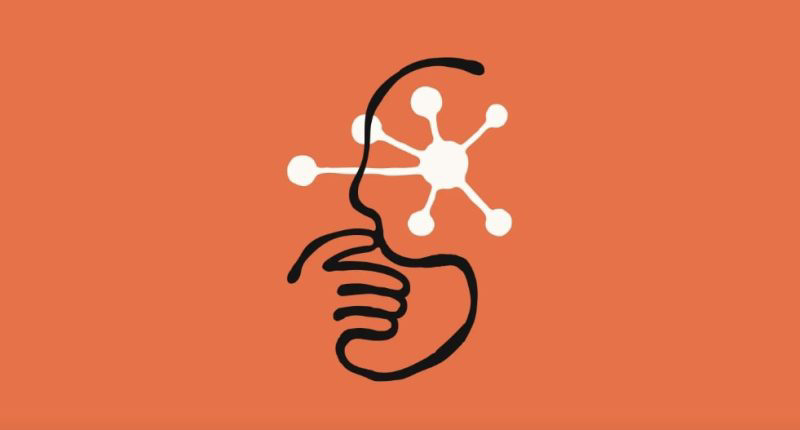In a significant advancement in artificial intelligence, Anthropic has unveiled Claude 3.7 Sonnet, the world's first hybrid reasoning model. This innovative AI system seamlessly integrates rapid response capabilities with in-depth, step-by-step reasoning, offering users unparalleled flexibility in addressing a wide array of tasks.
A Unified Approach to AI Reasoning
Traditional AI models often require users to select between different systems for quick answers and those designed for complex problem-solving. Claude 3.7 Sonnet revolutionizes this approach by combining both functionalities into a single model. Users can toggle between standard mode for near-instantaneous responses and an extended thinking mode for detailed, reflective analysis. This design mirrors human cognitive processes, utilizing the same "brain" for both simple and intricate tasks.
Michael Gerstenhaber, Product Lead at Anthropic, emphasized this philosophy, stating that reasoning should be an integrated capability of AI models rather than a separate function. This unified approach not only simplifies user experience but also enhances the model's versatility across various applications.
Enhanced Performance Across Domains
Claude 3.7 Sonnet excels in multiple domains, particularly in coding, mathematics, finance, and legal analysis. The extended thinking mode allows the model to self-reflect before responding, leading to improved performance in complex subjects like math and physics. Internal benchmarks indicate that Claude 3.7 Sonnet outperforms competitors, including OpenAI's o1 and DeepSeek's models, especially in real-world coding tasks.
A notable feature is the model's adjustable reasoning budget. Developers can control the depth of the model's reasoning process, balancing speed, cost, and accuracy according to specific needs. This flexibility is particularly beneficial for businesses requiring tailored AI solutions for diverse challenges.
Claude Code: Revolutionizing Development Workflows
Alongside Claude 3.7 Sonnet, Anthropic introduced Claude Code, an agentic coding tool currently in limited research preview. Designed to automate and streamline development workflows, Claude Code can read and modify code, run tests, and manage version control autonomously. This hands-free assistant aims to reduce the manual workload for developers, allowing them to focus on higher-level problem-solving and innovation.
The integration of Claude Code signifies a shift towards AI-driven development, where AI systems not only assist but actively participate in the coding process. This evolution has the potential to accelerate software development cycles and enhance the quality of codebases across industries.
Accessibility and Competitive Pricing
Claude 3.7 Sonnet is accessible through various platforms, including the Claude app, Anthropic's API, Amazon Bedrock, and Google's Vertex AI. Despite its advanced capabilities, Anthropic maintains competitive pricing, offering the model at $3 per million input tokens and $15 per million output tokens, aligning with the cost structure of its predecessor.
This pricing strategy positions Anthropic favorably in the competitive AI landscape, providing cost-effective solutions without compromising on performance. The model's availability across multiple platforms ensures that a wide range of users, from individual developers to large enterprises, can leverage its capabilities.
Implications for the AI Industry
The launch of Claude 3.7 Sonnet represents a significant milestone in AI development, particularly in the realm of hybrid reasoning. By integrating quick response and deep reasoning within a single model, Anthropic addresses a critical need for versatile AI systems capable of adapting to varied user requirements.
This development also reflects a broader trend towards creating AI models that more closely emulate human cognitive flexibility. As AI continues to evolve, such innovations are likely to drive more intuitive and effective human-computer interactions, paving the way for AI systems that can seamlessly integrate into diverse aspects of daily life and industry.
Future Prospects
Anthropic's commitment to advancing AI is evident in its continuous development of models like Claude 3.7 Sonnet. The company's focus on integrating advanced reasoning capabilities and automating complex tasks suggests a future where AI systems are not only tools but collaborative partners in problem-solving and creativity.
As AI technology progresses, the emphasis on hybrid reasoning models is expected to grow, leading to more sophisticated and adaptable AI applications across various sectors, including healthcare, finance, education, and beyond. Anthropic's innovations set a precedent for future AI developments, highlighting the potential for AI to transform how we approach complex challenges and workflows.
-thepostpress.in


Post a Comment